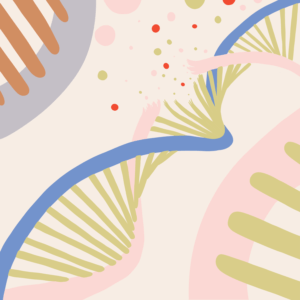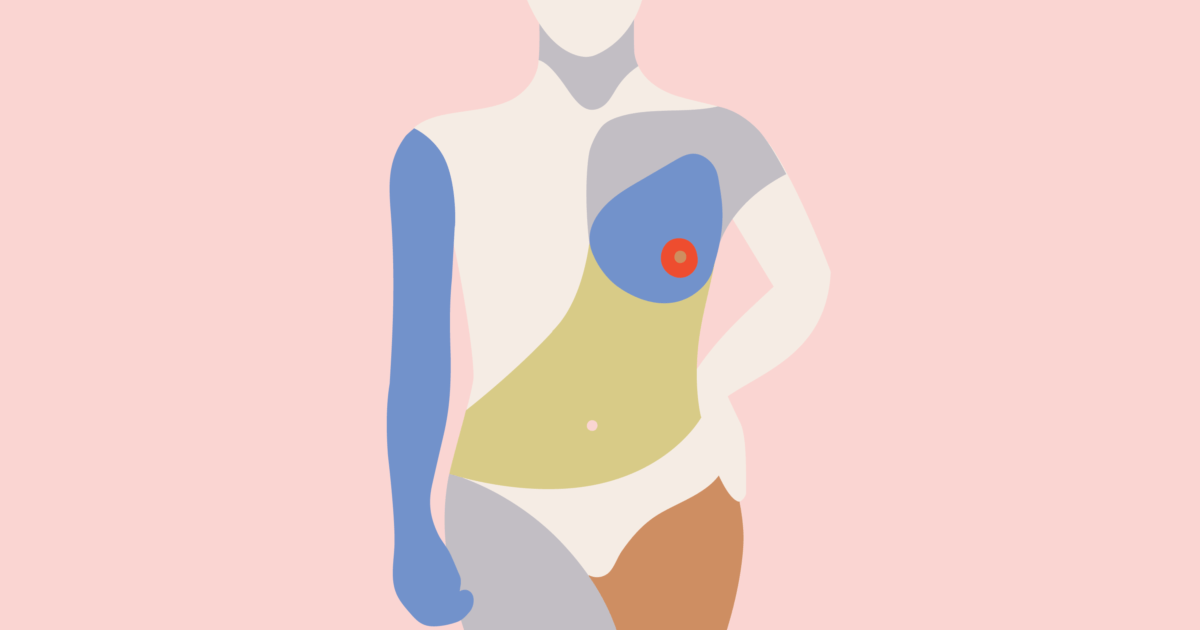A lot of people in the SurvivorNet community are interested in alternative therapies for cancer. There’s always a new study out and now it’s traditional Chinese tea as a way to fight breast cancer. The study comes from researchers at the Saint Louis University School of Medicine, who say that Oolong tea — made from the same type of plant used to make green tea and black tea, called the “Camellia sinensis plant” — can impede breast cancer growth and can reduce risk of breast cancer.
“This study presents interesting data that in laboratory models Oolong tea may have anti-cancer effects. It is important to note that this was done on laboratory models of cancer cells,” Dr. Elizabeth Comen, Medical Oncologist at Memorial Sloan Kettering Cancer Center tells SurvivorNet.
Read More
But Dr. Comen says that there would need to be a lot more research before she could offer an opinion on its effectiveness, “To truly understand how Oolong tea may impact actual breast cancer patients, it is necessary to do a prospective study on how this tea may affect breast cancer incidence among those who drink it and those who don’t.”
RELATED: "A Lot of People are Selling Hope": The Lure of Vitamins and Supplements
Be ware of alternative therapies – They aren’t a substitute for traditional treatment
When it comes to cancer, teas generally fall in the category of “alternative therapies,” or therapies that some people say work, but that should never be used instead of traditional therapy.
"A lot of people are selling hope," says Dr. Ann Partridge, an oncologist at the Dana-Farber Cancer Institute in Boston. But there's often little to no evidence that vitamin pills, herbal supplements, or homeopathic products can treat cancer. Some of these alternative therapies can actually decrease the effectiveness of proven treatments chemotherapy, hormone therapy, radiation or surgery prescribed by your doctor.
Dr. Ann Partridge, an Oncologist at Dana-Farber Cancer Institute, on why alternative therapies are not a substitute for traditional treatment
Alternative therapies, as well as complementary ones you may take alongside prescribed treatment, sound more appealing than standard medical treatments, Partridge says. But unfortunately, people who choose these therapies have a two-fold greater risk of death compared to patients who don’t use complementary treatments, according to a recent study published in the journal JAMA Oncology.
If you are thinking of taking any complementary or alternative supplements, bring them to your doctor's appointment to make sure they are okay. Or better yet, try mind-body interventions that can be integrated into your standard care without causing any harm, like mindfulness, psychotherapy, yoga, and exercise, Partridge says. These won't interfere with conventional medicines, and may help improve your quality of life.
Learn more about SurvivorNet's rigorous medical review process.


